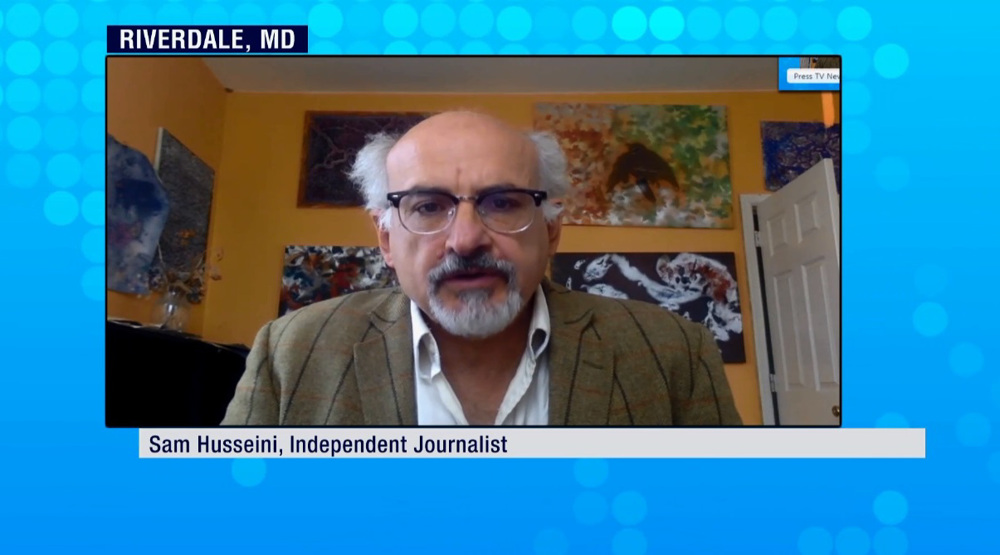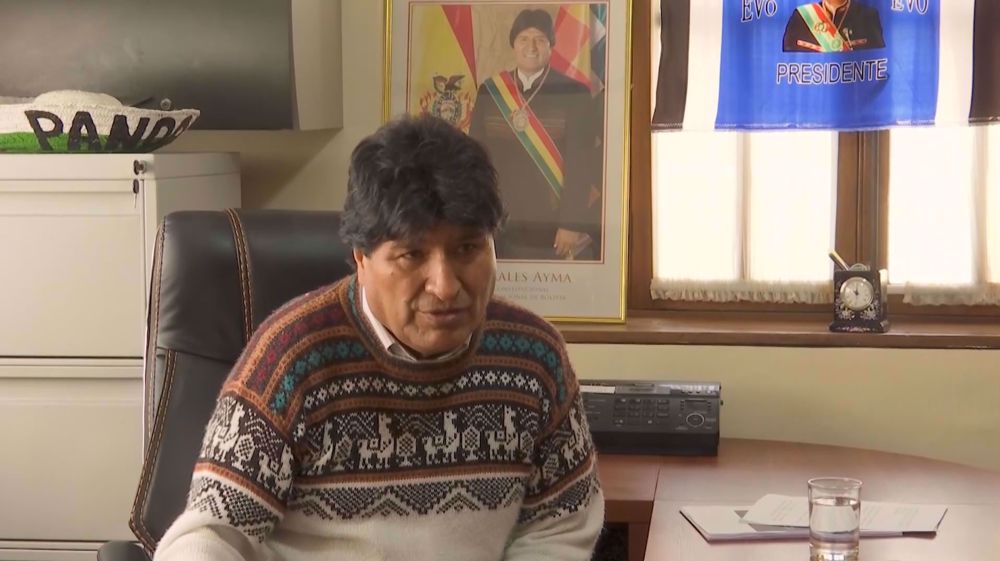Hard liners may be against settlement of Greece crisis: Academic
Press TV has conducted an interview with Jack Rasmus, a professor of political economy in San Francisco, to discuss the future of the Greek economy and the issue of its bailout.
Following is a rough transcription of the interview.
Press TV: It seems there is a lot of celebration on the streets of Greece right now as we speak to you. However, this is clearly not the end of the road. There are hopes by the Greek government that debt restructuring can happen as soon as Monday morning comes. Is the eurozone ready for that?
Rasmus: Now the real negotiations begin. Prior to this what was determining negotiations was the hard liners in Germany and elsewhere what their Plan B was, which was to force an economic crisis in Greece and therefore political re-alignment of the parties. Well the vote today totally rejects that whole idea. Now the question is what will the Troika do? Will they attempt to intensify Plan B, in other words, cause a further crisis in the Greek banking system, or will the more soft liners emerge now in the driver’s seat in the Troika and offer what is a debt restructuring?
I think that is what is going to be put on the table now and that debt restructuring will mean extending the debt from 20 to 40 years reducing the payment, reducing interest rates in exchange for maybe some more token-concessions by the Greeks, who have already moved quite a bit last week towards the original position of the Troika as far as concessions are concerned.
Interestingly, last week the IMF came out with a statement and that statement admitted 36 billion more would be needed for Greece in some kind of debt restructuring, which might mean stretching out the payments and so forth. I think that is what is going to be on the table now and we will see whether their terms, Troika terms for restructuring, are going to be acceptable for maybe another concession or two on the part of Greeks. But they really want a restructuring and that looks like it might be in the ballpark this week. If it is not, then it means the hard liners still are running the show in Northern Europe and they will cause more economic dislocation in the Greek system.
Press TV: Well speaking of the hard liners running the show, let’s not forget in the run-up to this referendum, these very hard liners did everything they could to discredit the government of Greece. What do you think they can pull out of the hat now that the Greeks have spoken, have given a popular mandate to the government?
Rasmus: I think their gain might be in the negotiations that come up insisting that part of the bailout deal include what is called “bail-ins.” This is what happened in Cyprus. In other words, as part of the new deal the Troika may offer, extending the debt and so forth, they may require Greeks with more reportedly 8,000 euros in banking accounts to exchange that excess for Greek bank stock.
If bail-ins are on the table, this is the ploy of the hard liners to really make it impossible for a Greek settlement. I think that is something we have to watch very closely. If it is not on the table, then I think they are trying to move both sides to an agreement and, as I said, they really were not that far apart. It was the hard liners … who were trying to precipitate a Greek default and exit.
AHK/HSN
UK's Rwanda deportation plan morally disgraceful
VIDEO | Raeisi inaugurates Iranian-built mega multipurpose project in Sri Lanka
VIDEO | Italian parliament hosts book launch on Palestine's untamed resistance
Leader: Iran’s arms sector example of turning sanctions, hostilities into opportunity
April 23: ‘Axis of Resistance’ operations against Israeli occupation
Pro-Gaza protesters in NY's Columbia University stay put despite intimidation, crackdown
European Parliament members criticize EU as 'accomplice’ in Israeli war on Gaza
VIDEO | Modi's anti-Muslim hate speech sparks outrage in India amid elections









 This makes it easy to access the Press TV website
This makes it easy to access the Press TV website